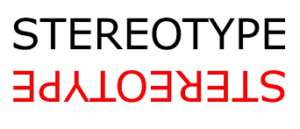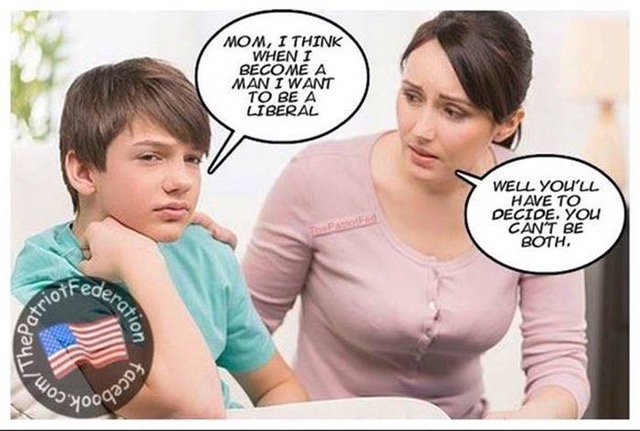 At the heart of political correctness lies the stereotype. As a tool for understanding reality in our media-crowded and cognitively overloaded world, stereotypes “can be efficient shortcuts and sense-making tools,” Wikipedia argues. Sure, there are exceptions, but “Stereotypes can help make sense of the world. They are a form of categorization that helps to simplify and systematize information. Thus, information is more easily identified, recalled, predicted, and reacted to.”
At the heart of political correctness lies the stereotype. As a tool for understanding reality in our media-crowded and cognitively overloaded world, stereotypes “can be efficient shortcuts and sense-making tools,” Wikipedia argues. Sure, there are exceptions, but “Stereotypes can help make sense of the world. They are a form of categorization that helps to simplify and systematize information. Thus, information is more easily identified, recalled, predicted, and reacted to.”
My recent post “Will Political Correctness Target German Shepherds Next?” was prompted by a whirlwind of nasty “attacks on the American Confederacy” by Ivy Leaguers and Antifa activists at some state universities, yet never identified as stereotypical by mainstream media. “Colonial, imperial, Nazi, German—such buzzwords are the jargon peppering politically correct speech these days,” yet it’s a rare journalist or academic writer who challenges such stereotyping by liberals in public discourse.
Still, cartoons remind us that humor can allow those on the right and left to share a moment of mutual insight —not unlike the coming together of different sounds in stereo-earphones:


